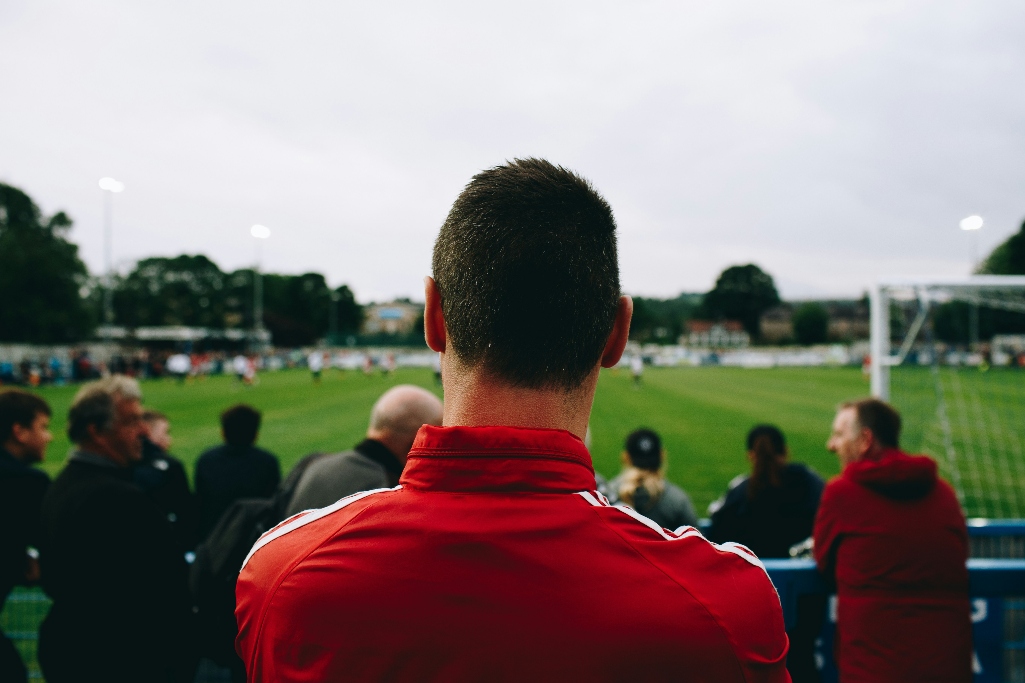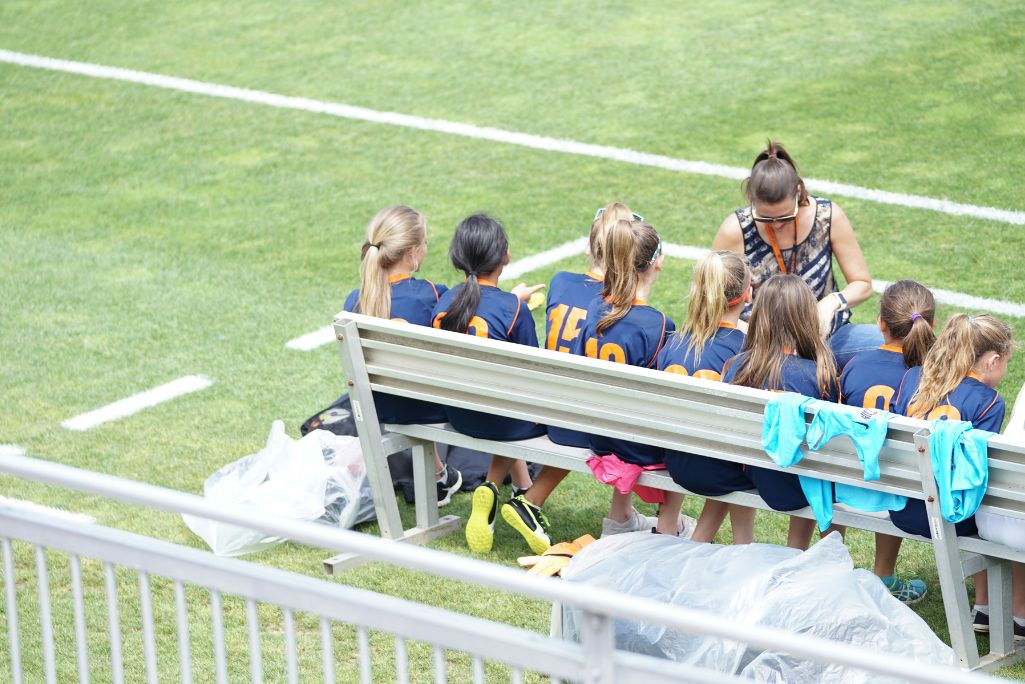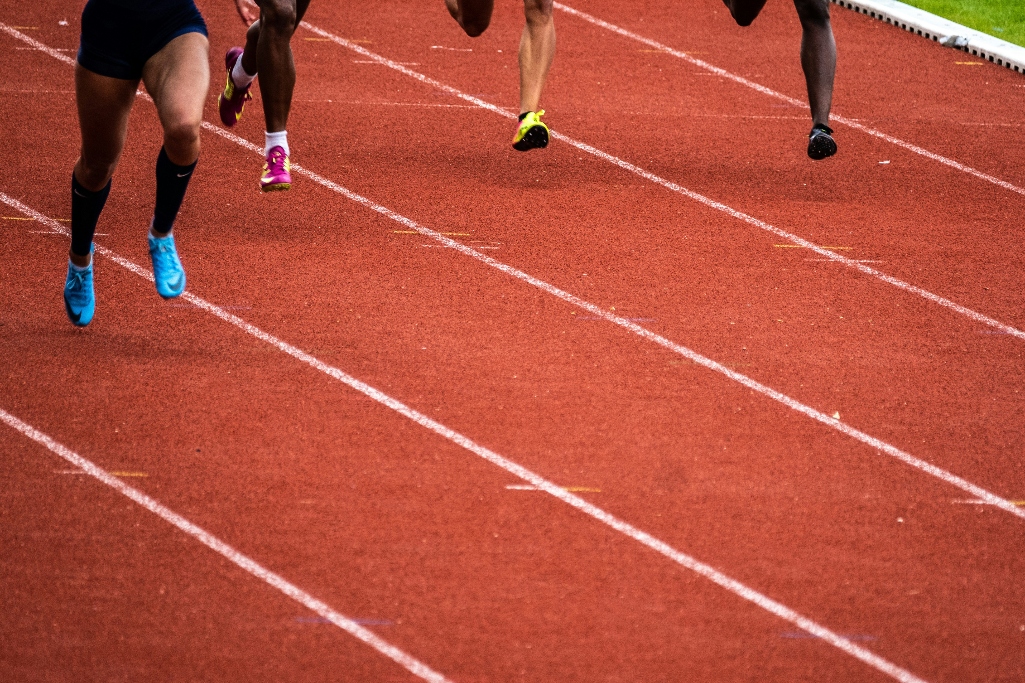
With all major sports leagues now knee-deep in sports wagering revenue – courting gambling companies for sponsorships and ad dollars – is it any wonder we’ve ended up here?
The latest scandal, announced last week, saw an NBA player and coach caught in yet another gambling web. It won’t be the last. You can be sure the Department of Justice will be back at the podium soon, unveiling the next round of arrests tied to sports betting.
When the leagues invited the betting giants into their homes, they had to know corruption would follow close behind. And that’s not even counting the families destroyed by gambling addiction. Nothing comes free, no matter how much money these leagues take in – and it’s costing us the integrity of sports.
Now, even athletes who have nothing to do with betting are being threatened by angry gamblers who lose money when a play doesn’t go their way or a shot doesn’t fall. Leagues feed the obsession by flashing odds before the first pitch, kickoff or tipoff – and then again mid-game, offering “live” bets that keep addicts hooked. It’s a vicious cycle that ruins lives and cheapens the games we love.
Gambling in sports isn’t new. The 1919 Black Sox scandal was only the first big one to make headlines. But legalized sports betting – now available in every pocket on every phone – makes today’s games far more vulnerable. Players, coaches and referees aren’t immune to temptation. A missed shot, a fumbled ball or a swallowed whistle can turn into easy money. Integrity is on the line, and if we lose that, we lose the game itself.
Last week’s arrests included hall of famer and current Portland Trail Blazers coach Chauncey Billups and former Louisville star Terry Rozier. Authorities even pointed to mafia involvement in some of the activities. This isn’t an episode of “The Sopranos.” It’s real life – and it’s ugly.
League officials will wring their hands and promise reform. They’ll talk about preserving the integrity of the game. But the checks from DraftKings and BetMGM will still clear. And the scandals will keep coming.
What’s hardest to understand is why multimillion-dollar athletes and coaches risk everything for a few extra dollars. How much is enough? Apparently, just a few dollars more.
And don’t think college sports are immune. The NCAA is already investigating more than a dozen men’s basketball players from six schools for betting violations. Add in the chaos of NIL money, and it’s clear amateur sports are changing fast – and not for the better.
Then, just this week, the NCAA ruled that athletes can legally bet on professional sports.
What could possibly go wrong?
(EDITOR’S NOTE — Mark Maynard is managing editor of Kentucky Today, the news website of the Kentucky Baptist Convention. This article originally appeared in Kentucky Today.)


